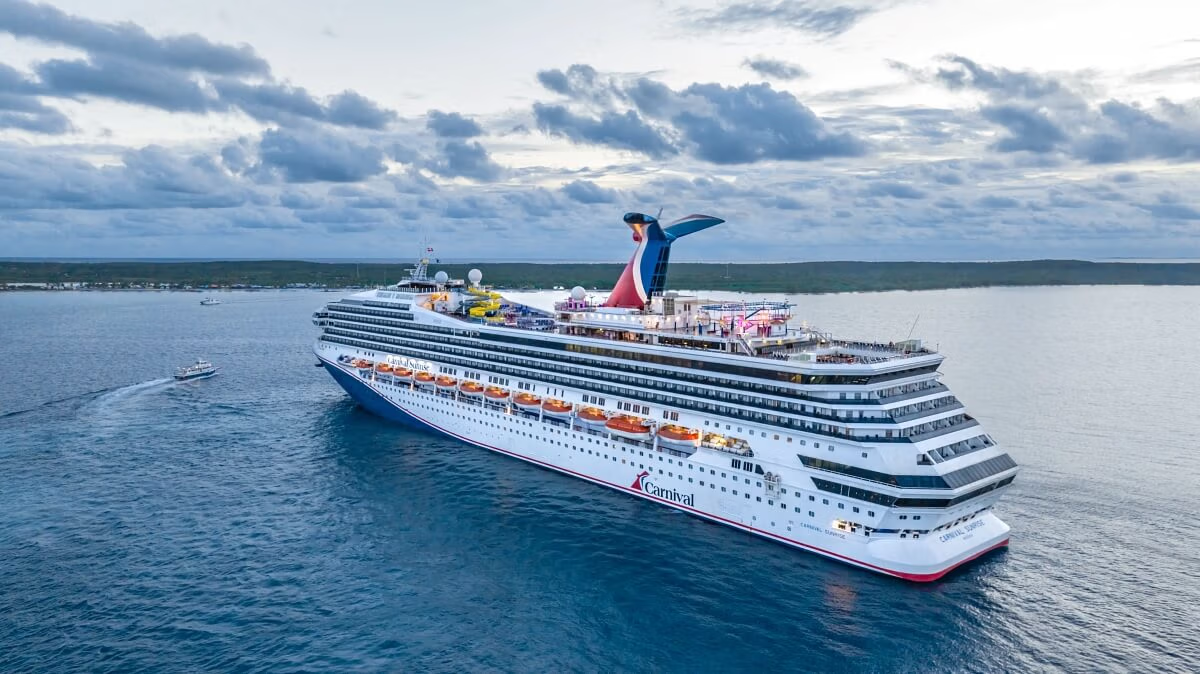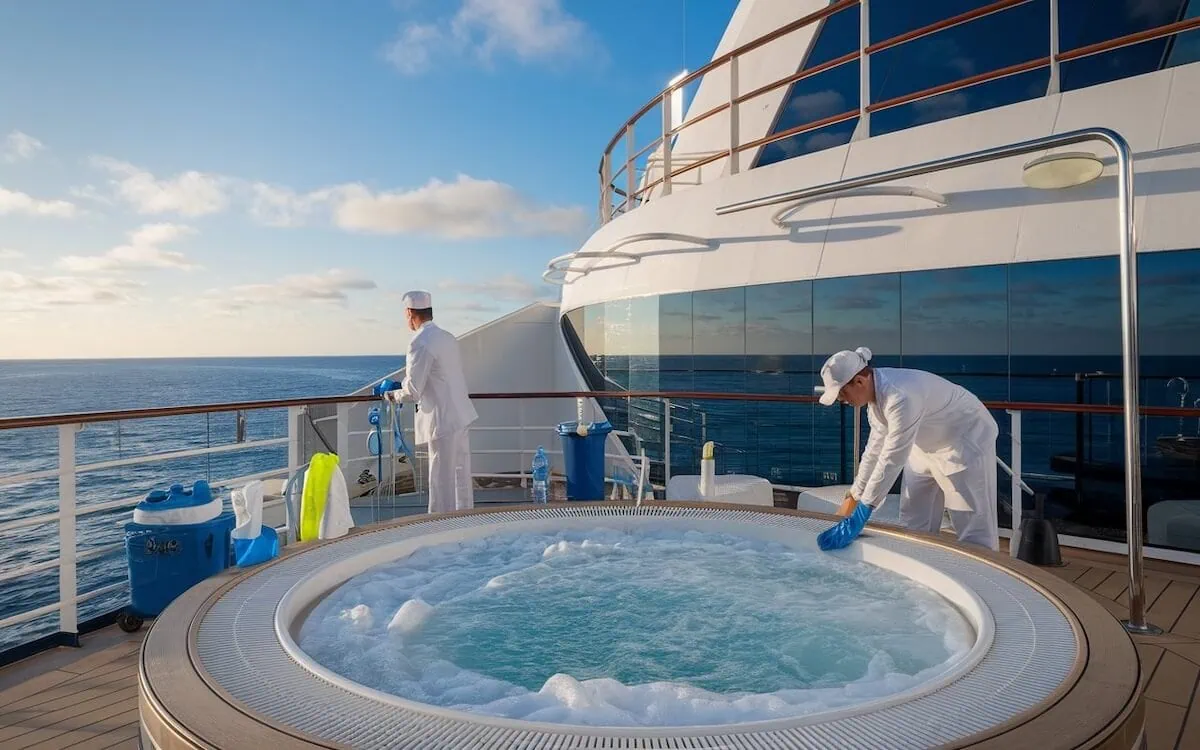In response to the decline in cruise ship visits, the Port of Auckland is considering establishing a hull cleaning station to assist cruise lines in complying with New Zealand’s stringent biofouling regulations.

This program aims to mitigate one of the primary obstacles deterring cruise ships from entering the country’s waters, particularly ecologically sensitive areas like Fiordland National Park.
Early-stage trials are underway in collaboration with a dive company to evaluate the feasibility of such a facility.
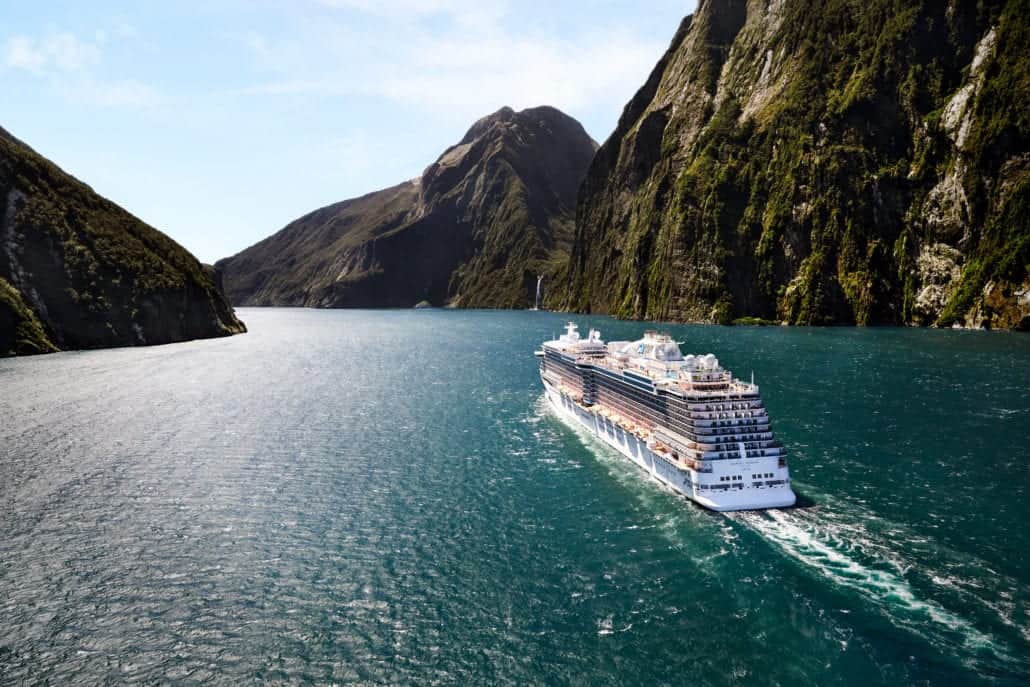
News outlets report that in the 2025/26 season, New Zealand anticipates a 42% reduction in port calls and a 40% decrease in cruise guests.
Biosecurity laws, especially those concerning hull cleanliness and invasive species, have been identified as contributing factors.
Although only one vessel failed inspections in the most recent season, the apprehension surrounding potential noncompliance has led some cruise lines to cancel visits preemptively.
Several cruise ships have experienced itinerary disruptions due to biofouling issues.
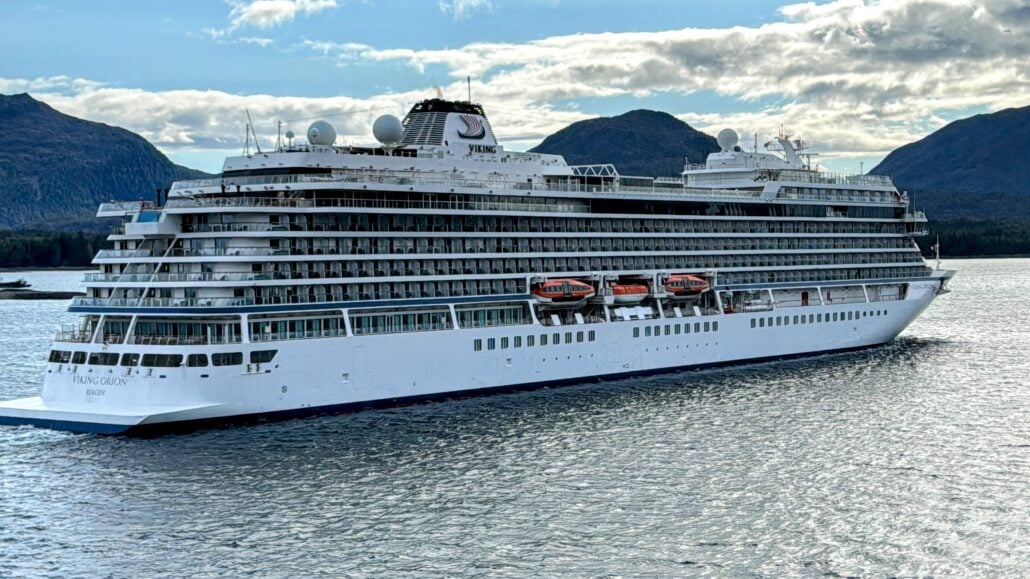
After failing to meet biofouling standards, Cunard’s Queen Elizabeth had to forgo visits to Fiordland and Dunedin in early 2023.
Similarly, the Viking Orion was denied entry to multiple New Zealand ports and subsequently to Hobart, Australia, necessitating offshore hull cleaning before resuming its voyage.
In November 2023, P&O’s former Pacific Adventure was turned away from New Zealand waters due to high-risk organisms detected on its hull. This led to the cancellation of all planned New Zealand stops and rerouting to Tasmania.
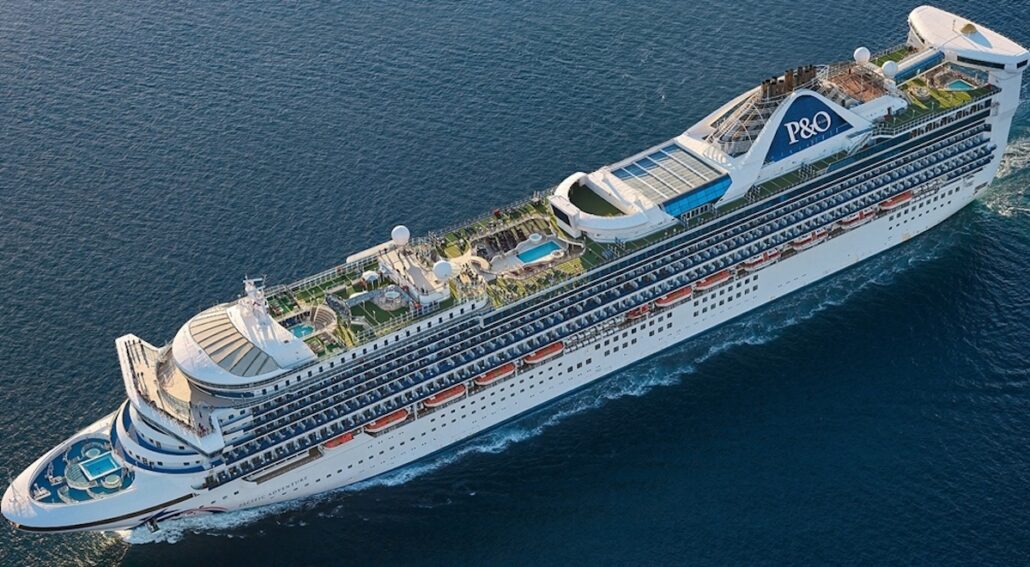
Additionally, the Scenic Eclipse II required a second offshore cleaning after an initial attempt failed to meet New Zealand’s biosecurity standards.
The proposed hull cleaning station in Auckland could provide a solution, allowing ships to undergo necessary maintenance without significant itinerary disruptions.



